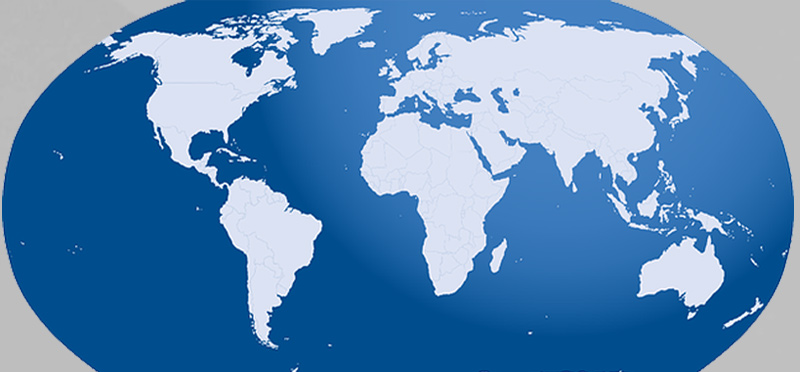PCT - International Patent Application with benefits

In general, a separate patent application must be filed in each country in which patent protection is sought, - with its own formal examination, according to the specific national regulations and, if necessary, also with its own search.
For international patent applications, the so-called PCT system has been established for this purpose. The PCT regulates the uniform filing of the patent application at only one office with effect for all - receiving inspection, search and preliminary (and non-binding) examination (IPE). In principle, the PCT takes precedence over the EPC (the EPC applies in a supplementary manner) and also over national law.
Why file a PCT application?
A PCT application proceeds in an international and a subsequent national phase. The international phase mainly consists of: - filing of the international application - the international search resulting in the international search report and the written opinion of the International Searching Authority (ISA) - (optionally) the International Preliminary Examination (IPE) resulting in the International Preliminary Report on Patentability (IPRP).
So, the assessment of the ISA provides the patent applicant with a first estimate of the patentability of his invention. More certainty can be obtained by filing a request for IPE: this starts an examination procedure resulting in an international preliminary report on patentability according to Rule 70 PCT (IPRP II).
However, one can also decide to file a request for supplementary international search (under Rule 45bis PCT), and this is recommended in any case in order to expand the technical and also the linguistic scope of the search at an early stage. Here, the costs must be weighed against the benefits: the more likely it is that the national phase will be entered, the more worthwhile a supplementary international search will be.
PCT application - international phase
A PCT application proceeds in an international and a subsequent national phase.
The international phase mainly consists of:
So, the assessment of the ISA provides the patent applicant with a first estimate of the patentability of his invention. More certainty can be obtained by filing a request for IPE: this starts an examination procedure resulting in an international preliminary report on patentability according to Rule 70 PCT (IPRP II).
However, one can also decide to file a request for supplementary international search (under Rule 45bis PCT), and this is recommended in any case in order to expand the technical and also the linguistic scope of the search at an early stage. Here, the costs must be weighed against the benefits: the more likely it is that the national phase will be entered, the more worthwhile a supplementary international search will be.
Publication and decision on the national phase
The international phase ends either by entry into the national phase or, at the latest, after expiry of the deadline for entry into the national phase. Usually, the time limit for this is 30 or 31 months from the priority date. Then the applicant must decide whether and in which country he wants to enter the national phase.
However, a decision to enter the national phase in principle should already have been made earlier, if possible, as the international phase also includes the international publication of the application, immediately after 18 months have elapsed since the priority date.
The actual granting of the patent, however, takes place only in the course of the national phase.
PCT application - national phase with benefits
To enter the national phase, the applicant must pay the filing fees of the national offices and file the required translations. In the national phase, many issues from the international phase can also be revisited or cured. Thus, the review of adverse decisions during the international phase is possible, as well as the reinstatement or cure of missed deadlines. An appeal is also possible against errors or omissions on the part of the receiving Office or the International Bureau.
Each national or regional designated Office may establish specific requirements that may need to be met in connection with entry into the national phase, often within certain time limits. These requirements frequently relate to the identity of the inventor or the basic eligibility of the patent applicant (including with respect to an asserted priority of a prior application).
The national phase is therefore a particularly important and sometimes laborious stage of an international patent application via PCT.
Our patent law firm offers assistance for you - in your interest. We offer a flat fee concept, the Flat Fee Prosecution Service, for the entire national phase of the PCT application - from filing to grant for a fixed amount per country. This guarantees cost control and transparency.
Find more information HERE
Please contact us for further information or for our service at info@kollner.eu.







